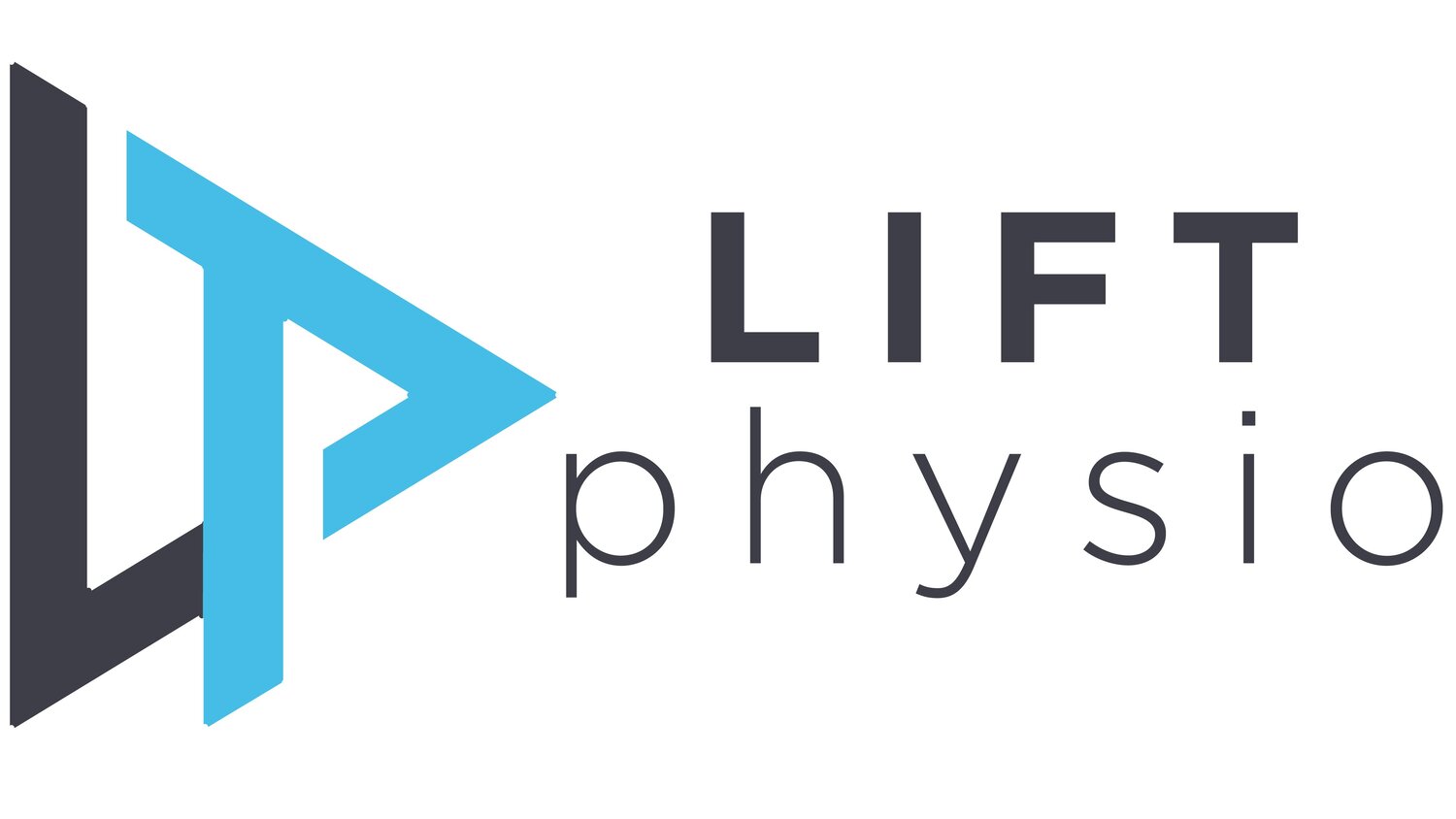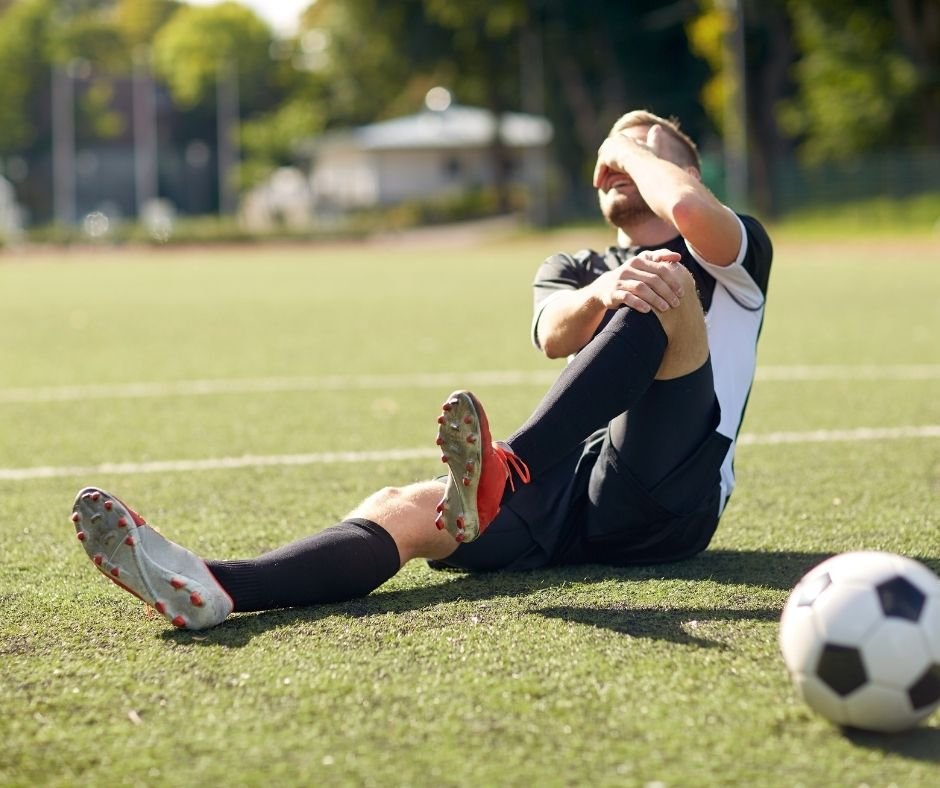What should you do after an ACL injury?
Early ACL injury treatment
If you’ve recently suffered an Anterior Cruciate Ligament / ACL injury in your knee, you might be wondering what to do about it, especially in those painful early stages.
To put it simply, ACL injuries suck. This is because of the impact it can have on your participation in sports, as well as in everyday life.
However, it is important to remember that your ACL is just a ligament in your knee, and should be treated initially just like any other ligament injury anywhere else in your body.
This means we should continue to promote normal knee movement and function as well as initially sticking to the basics of rest, ice, compression, and elevation.
We want to minimise swelling initially because whilst swelling and inflammation is a normal part of our body's healing process, too much of it can cause a lot of pain and pressure around your knee and restrict normal movement.
In the clinic we recommend using ice for 15-20 minutes at a time, up to once every hour if you want to.
Many athletes have dealt with the pain and frustration of an ACL injury. Regardless of the severity of the injury, early treatment is essential for a successful recovery.
There are a few different options for early stage ACL injury treatment. Rest, ice, and elevation are often recommended for a milder injury. This can help to reduce swelling and pain in the joint. A physiotherapist can help to strengthen the muscles around the knee and improve range of motion. The goal of early stage rehab is to reduce pain and help the athlete regain their function.
What is an ACL injury?
The ACL, or anterior cruciate ligament, is one of the four major ligaments in the knee. It is responsible for stabilizing the knee joint and preventing forward movement of the tibia, or shinbone. An ACL injury occurs when the ligament is stretched beyond its limits or torn. This can happen as a result of a sudden twisting motion, landing awkwardly from a jump, or collision. Symptoms of an ACL injury include pain, swelling, and instability in the knee. While ACL injuries can be treated with surgery and physical therapy, they often lead to long-term problems with knee function. For this reason, it is important to take measures to prevent ACL injuries from happening in the first place. This includes strengthening the muscles around the knee, and maximising balance and coordination.
What causes an ACL injury?
When you hear the term " ACL injury", you might think of a professional athlete going down on the field. However, ACL injuries can happen to anyone, regardless of age or level of activity. So, what exactly causes an ACL injury? The answer is actually quite simple: it occurs when there is a sudden change in direction or stop-and-go movement. This can happen when playing a sport, during a car accident, or even just by stepping off a curb. The ACL is a ligament that connects the thighbone to the shinbone, and when it is torn, it can cause pain, swelling, and instability in the knee. In some cases, surgery may be required to repair the damage. However, with proper rehabilitation and physiotherapy, most people can regain full function of their knee.
Nonsurgical ACL injury treatment
Some ACL injuries can be treated without surgery. The goal of nonsurgical treatment is to reduce pain and swelling, and to help the knee heal. This can be done with a combination of rest, ice, compression, and elevation. You may also need to use crutches to keep weight off your knee. Physical therapy is an important part of nonsurgical ACL injury treatment. A physiotherapist can teach you exercises to improve range of motion and strengthen the muscles around your knee. These exercises can help you avoid further injury and improve your overall knee function.
Treatment post ACL reconstruction surgery
If you have had surgery to repair your ACL, you will need to go through a rehabilitation process. The goal of rehabilitation is to help you regain full function of your knee. This can be done with a combination of exercises and physiotherapy. Your physiotherapist will work with you to create a rehabilitation plan that is specific to your needs. The length of time it takes to recover from ACL surgery varies from person to person. However, most people can expect to return to their previous level of activity within 12 months.



